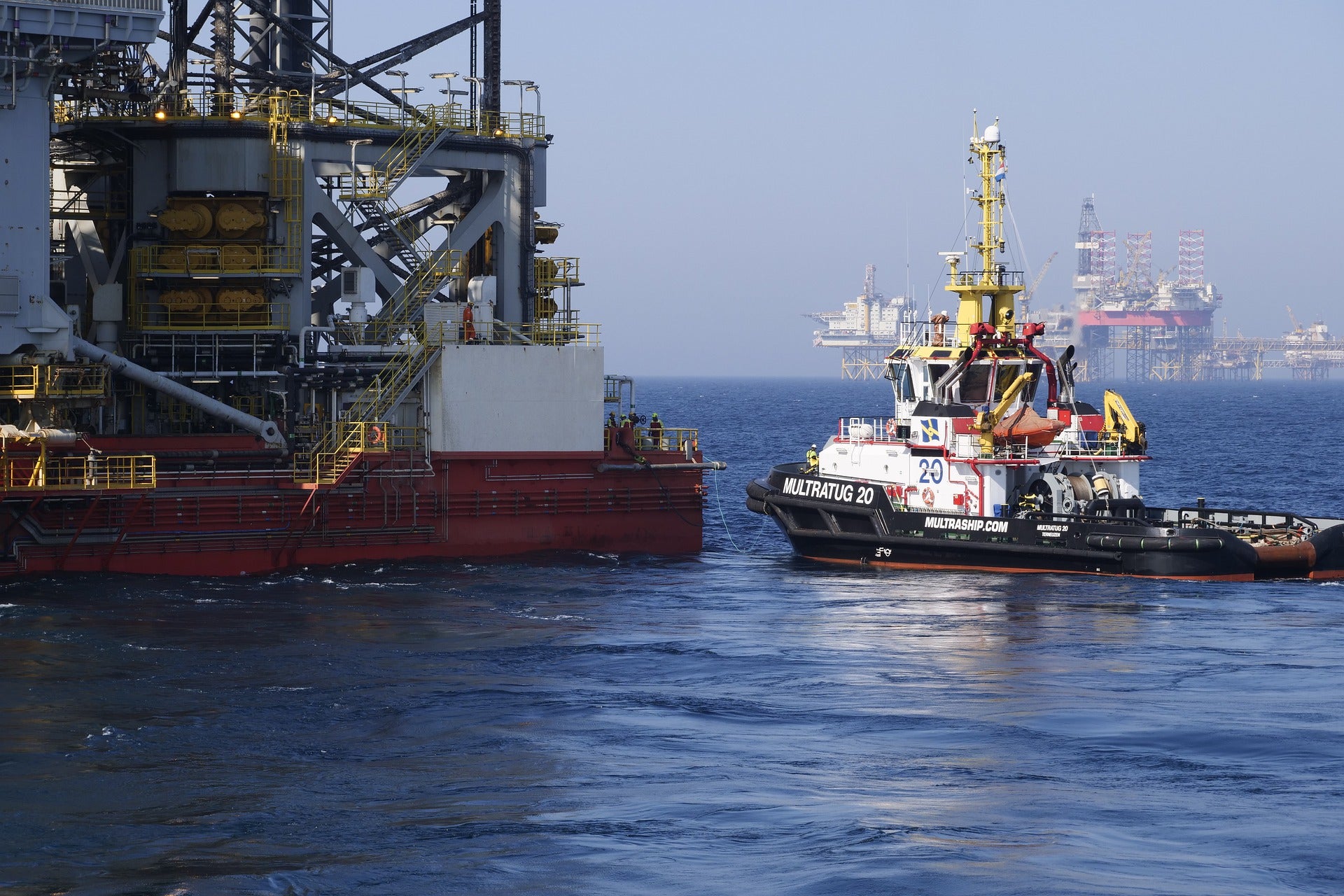
Italy’s Eni is reportedly in talks with British oil major BP to acquire its oil and gas assets in Algeria.
The two parties are considering several options, including an outright sale, Reuters reported citing undisclosed sources.
They are also exploring the possibility of offering BP an option to pick stakes in Eni’s assets, including in the LNG development project in Mozambique.
Moreover, Eni and BP are considering the creation of a joint venture (JV) in Algeria.
This JV would be similar to the one formed by the two firms in May 2021 to run their operations in Angola.
A potential deal would allow Eni to acquire BP’s 45.89% stake in Amenas natural gas plant and a 33% stake in the Salah gas plant.
How well do you really know your competitors?
Access the most comprehensive Company Profiles on the market, powered by GlobalData. Save hours of research. Gain competitive edge.

Thank you!
Your download email will arrive shortly
Not ready to buy yet? Download a free sample
We are confident about the unique quality of our Company Profiles. However, we want you to make the most beneficial decision for your business, so we offer a free sample that you can download by submitting the below form
By GlobalDataClaimed to be the biggest foreign oil and gas producer in Africa, Eni expects to transform Algeria into a hub with the acquisition of BP’s assets, reported the news agency.
The move to sell assets comes as the British firm seeks to refocus its businesses by paring debt while addressing declining margins and climate pressures.
In Algeria, international firms earn fixed royalties for their oil and gas assets, based on production sharing agreements (PSAs), making them less profitable and difficult to sell.
In 2020, BP reported net production share of 141 million cubic feet (mcf) of gas per day and 6,000 barrels of oil per day in Algeria.
Previously, Eni and BP signed multiple deals in Africa, including stake sale in the Nour and Shorouk fields in Egypt.
The two firms have also pledged to shift away from oil and gas and transition to low-carbon businesses in the coming decades.
This is in line with other top energy companies in Europe considering the divestiture of their oil and gas assets due to increasing uncertainty over demand for fossil fuel in the future.
However, these firms are retaining more profitable assets.


